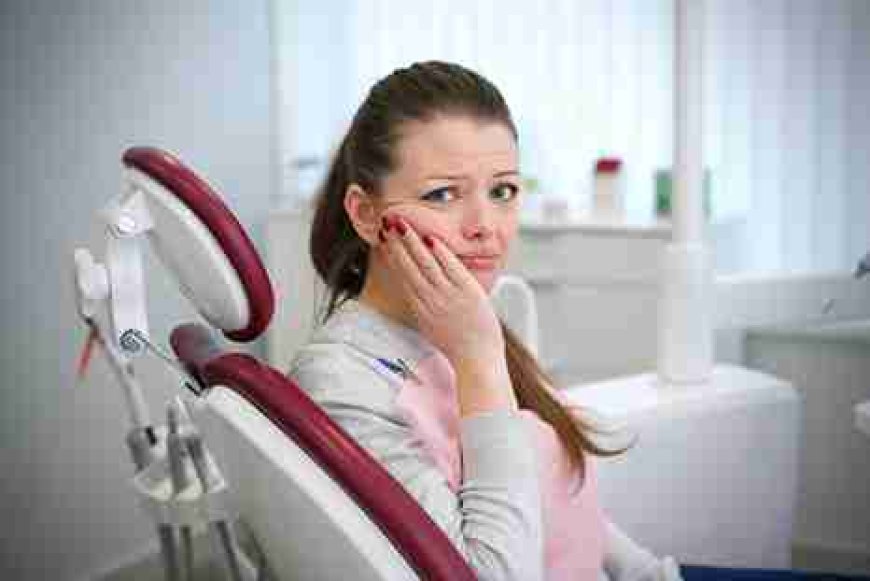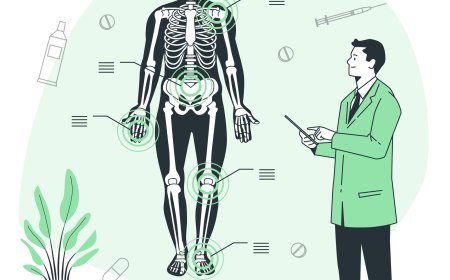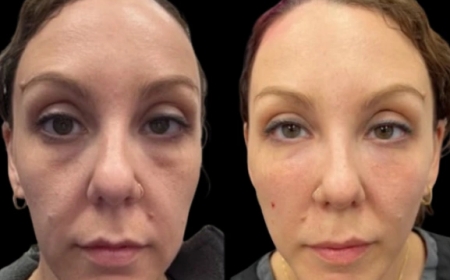Uncovering the Causes of Women’s Dental Health Concerns
Explore how hormonal changes affect women’s oral health. Get expert tips and care from trusted dentists and hygienists in Wokingham.

A womans oral health is deeply interconnected with her hormonal and physiological cycles, and these changes can significantly impact teeth, gums, and overall oral well-being. While dental care is essential for everyone, women experience certain challenges at various life stages, often requiring more specialised care. Understanding these specific risks helps in taking preventive measures and seeking timely professional support.Lets explore the reasons why women may be more vulnerable to dental issues and what they can do to safeguard their oral health.
Hormonal Influences on Oral Health
Hormonal fluctuations play a significant role in womens dental health. The levels of oestrogen and progesterone affect how gums react to plaque, increasing susceptibility to inflammation.
Key life stages where hormones impact oral health include:
- Puberty:Surge in hormones may cause gums to become swollen, red, and bleed easily.
- Menstruation:Some women experience menstruation-related gingivitis, with bleeding or sore gums.
- Pregnancy:Elevated hormones heighten the risk of pregnancy gingivitis and gum swelling.
- Menopause:Reduced oestrogen levels may lead to dry mouth, discomfort, and bone loss in the jaw.
At these stages, visiting a dentist in Wokingham for monitoring and tailored advice can help in managing these effects before they develop into more serious issues.
The Impact of Pregnancy on Oral Health
Pregnancy brings significant physical changes, and oral health is no exception. Hormonal fluctuations can increase gum sensitivity and plaque build-up, making expectant mothers more prone to gingivitis. Additionally, morning sickness exposes teeth to stomach acid, leading to enamel erosion.
Key oral health considerations during pregnancy:
- Hormone-induced gum inflammation and sensitivity
- Higher plaque levels increasing gum disease risk
- Possible appearance of benign gum growths (pregnancy tumours)
- Acid erosion from frequent vomiting
Regular visits to ahygienist in Wokinghamare essential during pregnancy. These check-ups help maintain oral hygiene, manage inflammation, and catch problems early for both mother and baby.
Menopause and Mid -Life Oral Challenges
During menopause, declining oestrogen levels can significantly impact oral health. Many women experience symptoms like dry mouth, burning sensations, and changes in taste. These issues can affect comfort, nutrition, and dental function.
Key oral health effects of menopause:
- Dry mouth (xerostomia):Less saliva means less protection, leading to tooth decay and gum disease
- Burning mouth syndrome:A persistent burning feeling in the mouth
- Altered taste perception
- Bone loss:Can weaken tooth support, increasing risk of tooth loss
A dentist in Wokingham can offer tailored care, including fluoride treatments, saliva substitutes, and monitoring bone density to support long-term dental health.
The Role of Medication and Lifestyle
Women are often prescribed certain medications like antidepressants, antihistamines, and oral contraceptives, which can have side effects that influence oral health.
Common effects of medications include:
- Dry mouth
- Gum inflammation
- Increased risk of tooth decay
Lifestyle factors such as smoking, stress, and diet also impact dental health. Stress, for example, can cause teeth grinding (bruxism), while nutrient deficiencies affect gum strength and healing.Regular visits to a hygienist in Wokingham can help manage the effects of these external contributors through preventive cleanings and oral health education.
Dental Conditions More Common in Women
Some conditions occur more frequently or severely in women due to hormonal and immunological differences.
Notable issues include:
|
Condition |
Description |
|
Periodontal Disease |
Heightened sensitivity to plaque increases risk. |
|
Temporomandibular Joint Disorder (TMD) |
Jaw pain and dysfunction, more common in women. |
|
Erosion from Eating Disorders |
Conditions like bulimia can erode enamel from acid exposure. |
|
Autoimmune Disorders |
Diseases such as Sjgrens syndrome reduce saliva flow. |
Collaborating with a trusted dentist in Wokingham ensures these issues are identified and managed early on with a comprehensive treatment plan.
Tips for Preventive Care
With the right habits and regular dental visits, women can mitigate many oral health challenges.
Practical tips include:
- Brush twice daily with fluoride toothpaste
- Clean between your teeth daily using floss or interdental brushes to remove plaque and debris.
- Rinse with an alcohol-free mouthwash to safeguard your enamel and soothe your gums.
- Eat a balanced diet rich in calcium, Vitamin D, and antioxidants
- Drink plenty of water to maintain healthy saliva flow
- Avoid smoking and limit caffeine or alcohol
Seeing a hygienist in Wokingham regularly ensures that professional cleanings complement your home care routine.
Oral Health and Polycystic Ovary Syndrome (PCOS)
Polycystic Ovary Syndrome (PCOS) is a hormonal disorder that affects many women of reproductive age and can have direct implications for oral health. Women with PCOS often exhibit higher levels of systemic inflammation, which may contribute to an increased risk of gum disease and periodontal issues.
Key oral health impacts of PCOS:
- Increased levels of androgens can lead to reduced saliva production and greater plaque build-up.
- Chronic inflammation can intensify gingival swelling and bleeding
- Insulin resistance, common in PCOS, may slow down healing of oral tissues
A tailored oral hygiene routine and regular visits to a dentist in Wokingham are especially important for managing these risks effectively.
Impact of Eating Habits During Menstrual Cycle
Many women experience changes in appetite and cravings during their menstrual cycle, which may lead to consumption of sugary or acidic foods. These temporary habits can negatively affect dental health if not managed thoughtfully.
Oral consequences of menstrual-related eating habits:
- Increased intake of refined sugars encourages plaque formation
- Acidic snacks or beverages may weaken enamel over time
- Irregular brushing due to fatigue or discomfort may worsen gum health
Recognising these hormonal fluctuations and making mindful decisions about diet and oral care can support healthy gums and strong teeth. A hygienist in Wokingham can offer guidance to support women through these phases.
Professional Dental Support Tailored for Women
Every stage of a womans life brings unique dental needs. Routine dental check-ups should be adjusted based on age, medical status, and hormonal changes.
Your dental provider can offer services such as:
- Periodontal screenings during pregnancy and menopause
- Advice on safe dental treatments during pregnancy
- Preventive care plans customised to medications or lifestyle habits
By working closely with a qualifieddentist in Wokingham, women can take a proactive role in protecting their oral and overall health.
Conclusion
Understanding the intricate relationship between womens health and oral care is the first step to proactive prevention. With regular check-ups, personalised care, and a comprehensive approach to hygiene, women can enjoy lasting dental health through every life stage.If you're navigating hormonal changes or simply want to maintain your best smile, the dedicated professionals in Wokingham are here to support your journey, from adolescence through motherhood to menopause and beyond.

































